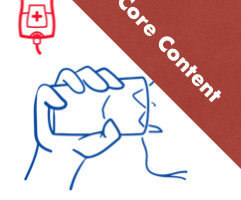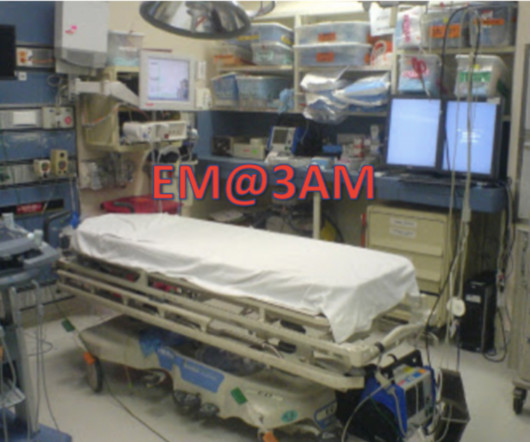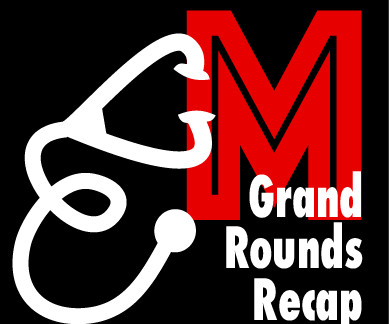But Can You Just PO?
Taming the SRU
DECEMBER 17, 2024
Other contraindications include those who are unable to drink liquid (respiratory problems or impaired unconsciousness) and patients in shock, persistent vomiting, or with an ileus. In addition to the evidence supporting its efficacy, ORT can be cost effective in comparison to IV fluids (in the appropriate context).













Let's personalize your content